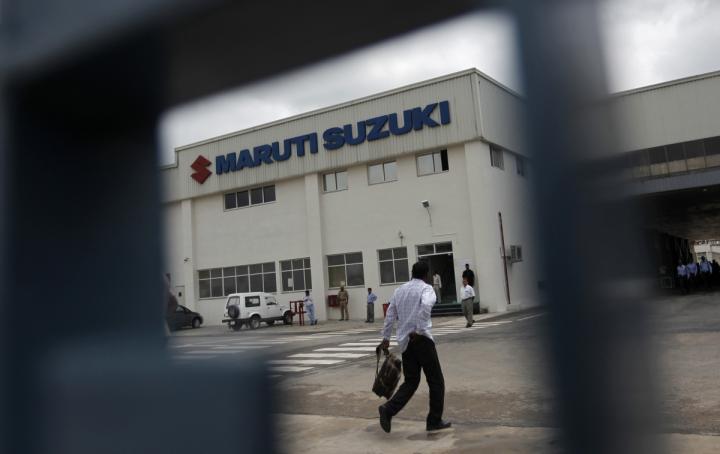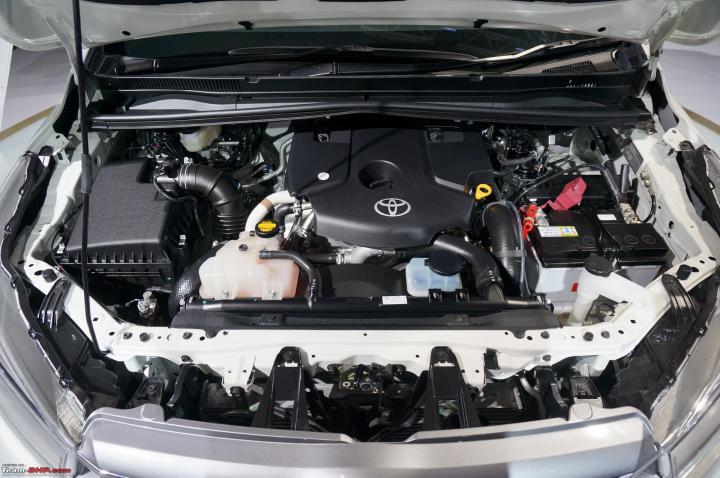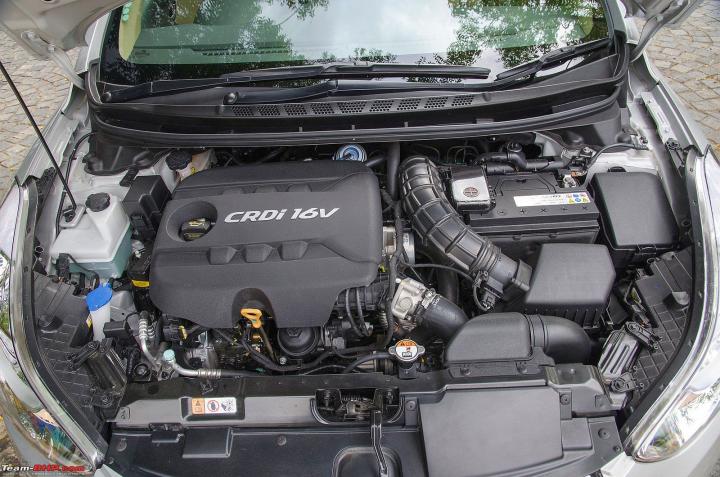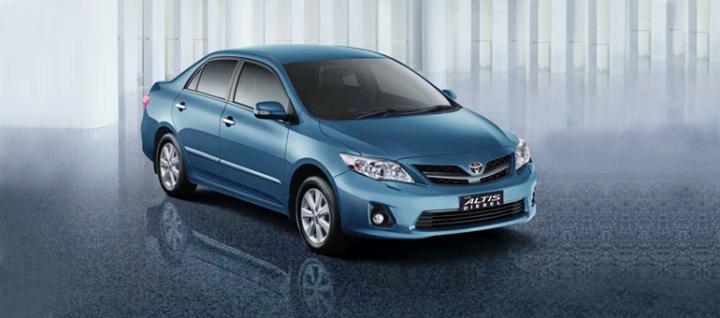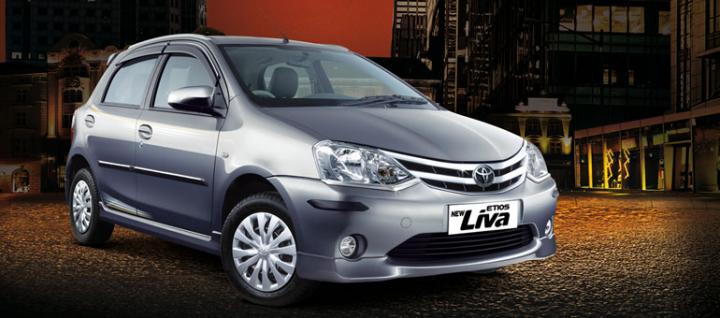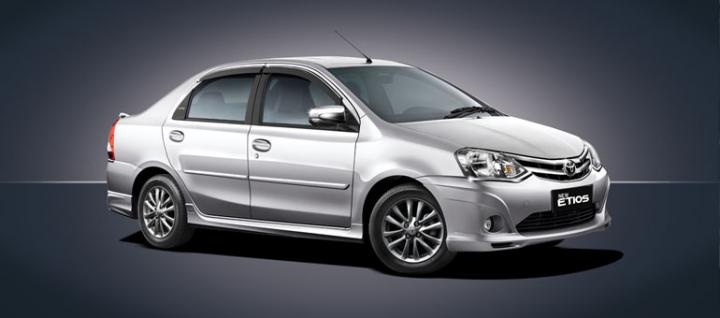News
Rumour: Maruti Suzuki to shut its diesel engine plant
According to a media report, Maruti Suzuki is planning to shut down its diesel engine assembly plant in Gurgaon. The production facility could be converted to build petrol engines. The carmaker could also add a new petrol engine assembly line at its Manesar plant.
At present, Maruti assembles the Fiat-sourced 1.3-litre diesel engine at its Gurgaon plant. The factory also produces the 800cc diesel that powers the Super Carry LCV. It churns out 1,70,000 engines per year, while the Manesar facility has an annual production capacity of 3,00,000 units.
Maruti Suzuki is reportedly expecting the demand for diesel vehicles to fade once BS-VI emission regulations come into force from April 1, 2020. The company has no plans to upgrade the 1.3-litre, 4-cylinder diesel engine to meet the stricter norms and is therefore likely to replace it with its own 1.5-litre diesel that is being developed in-house.
Source: Live Mint
News
Rumour: Honda to build 1.6L diesel in India...for exports!
Honda will be assembling its 1.6-litre diesel engine at its Tapukara plant in Rajasthan. The company plans to export these engines to Thailand from July 2017.
Currently, Honda doesn't have any cars with a 1.6-litre diesel engine in its portfolio. The diesel engines will first be sent to Thailand, where the company has a manufacturing setup and is also a potential market. The engines will later on also be exported from Thailand to other Honda factories across the globe for its international models.
Honda claims that the Tapukara plant in India has a production capacity of 1.8 lakh engines per annum, which includes the 1.2-litre and 1.5-litre petrol and the 1.5-litre diesel engines. The engine assembly produces 450 engines daily. The assembly line however is capable of making 670 engines on a daily basis, and thus, the remaining capacity will be utilised to produce the 1.6-litre diesel engines.
Source: ET Auto
News
Toyota starts domestic production of Innova Crysta's engine
Toyota Industries Engine India (TIEI), a joint venture between Kirloskar Systems (KSL) and Toyota Industries Corporation - Japan (TICO), has inaugurated a new engine manufacturing plant in Karnataka. This new plant is located in the Jigani Industrial area of Bengaluru, and is spread over an area of 22 acres. Toyota claims to have made an investment worth Rs. 1,100 crore on the new manufacturing facility.
With a production capacity of 108,000 engines per year, the new manufacturing facility is Toyota's first Global Diesel Engine Plant in India, and third across the globe. The manufacturer's other two diesel engine plants are located in Japan and Thailand.
The Bengaluru-based Toyota plant will produce 2.4-litre 2GD-FTV and 2.8-litre 1GD-FTV diesel engines that will power the Innova Crysta MPV, and the upcoming next-gen Fortuner. The GD series engines on the new-gen Innova and Fortuner have replaced the KD series of engines that powered the earlier-generation models. While the KD engines were imported from Thailand, the new GD series engines will now be produced in India, thus reducing the manufacturing costs of the Toyota Innova Crysta and the next-gen Fortuner.
Source: ET Auto
News
Toyota building new diesel engine plant in Bengaluru
Toyota is building a new diesel engine plant in Bengaluru. The facility, which will formally be commissioned in the third week of June, will cater to the domestic market.
The company is investing Rs. 1,100 crore in the new plant, which will have an annual manufacturing capacity of 1,08,000 units. It will be Toyota's first diesel engine plant in India and is expected to generate employment for more than 500 people. Toyota has decided to open this plant despite the recent ban on diesel cars in the national capital.
The company is also increasing the level of localisation in its parts. At present, 77 parts are localized through 23 vendors. 65 more parts are being localized through 29 vendors. This will cover 35% of all parts.
With its new range of vehicles, the company is replacing the KD series of diesel engines with the new GD series. The new engine complies with Euro 4 (BS-IV) emission norms. Toyota claims that it is possible to upgrade it to comply with Euro 5 and Euro 6 norms with minimum investment and lead time. In Japan and Thailand the same engine is already being manufactured to comply with higher emission norms.
Source: ET Auto
News
Hyundai India betting big on diesel engine factory
On one end of the spectrum, the country's largest car maker Maruti Suzuki is cutting back on diesel engine production owing to dropping demand. On the other end, the country's second largest car maker Hyundai is betting big on diesel power.
This seemingly contradictory approaches may be reconciled by the fact that while Maruti Suzuki produces diesel engines in-house and outsources some production to Fiat India, Hyundai imports all its turbo diesel engines from South Korea. So, while Maruti needs to cut back on diesel engine production to adjust inventory levels, Hyundai plans to tide over the tough sales climate and save money by producing diesel engines in India.
Hyundai offers four turbo diesel engined cars in India: the i20, Verna, Elantra and Santa Fe. The imported turbo diesel engines that power the cars cost Hyundai quite a bit in terms of import duty. Spare/replacement parts for these engines are also expensive, given their imported nature. In this light, the upcoming diesel engine factory at Hyundai's Sriperumbudur manufacturing facility, off Chennai, could be instrumental in helping the car maker achieve cost savings on diesel car models.
Amid growing competition, Hyundai India could also use the cost efficiencies achieved through the diesel engine factory in order to rationalize car prices, making for more competitively priced products. According to the FinancialExpress, the diesel engine factory that Hyundai is setting up at an investment of 300 million US Dollars is all set to go on stream very soon.
Hyundai India's diesel engine factory is a flexible plant, which means that it can produce both diesel and petrol engines, aligned to market demands. This approach hedges Hyundai's bets as any change in car buyer behavior can be met swiftly and flexibly. Here's a round up of advantages,
- Cost savings on account of no import duty
- Lower spare/replacement parts cost for diesel engines
- Lower transport and logistics costs
- Lower waiting periods
- Flexibility of catering to both petrol and diesel car demand
Hyundai's upcoming small car, code-named the BA hatchback, will be available with both petrol and diesel engines. The car will sit between the i10 and i20 car models. So, the 2014 Hyundai BA, which could be called the i15, will be the least priced diesel engined car in Hyundai's Indian line up. The hatchback will use a 1.1 liter-3 cylinder CRDI turbo diesel engine. An August 2013 launch time frame in India, is doing the rumour rounds for the Hyundai BA/i15.
- Tags:
- Indian
- Diesel Engine Factory
News
Toyota India undecided on diesel engine plant
Toyota Kirloskar Motor is yet to take a decision on setting up a diesel engine manufacturing plant in India. Falling demand for diesel engined cars in India on account of diesel price deregulation and the overall sales slowdown in the Indian car market has meant that the Japanese automaker's Indian operation is yet to get a go ahead from its Japanese headquarters for setting up the diesel engine manufacturing plant.
Toyota Kirloskar Motor's top management's denial of plans (Carried by BusinessStandard) to set up the diesel engine factory comes after a Japanese media report stated that Toyota was considering the production of diesel engines in India from 2015. The report also added that 50,000 engines were the initial targeted capacity of Toyota's diesel engine factory in India.
In fact, this report, which originated on Japanese news outlet Nikkei, is consonant with Toyota's earlier plans of making fresh investments in India from 2015. Until 2015, by Toyota India's own admission, the car maker planned to go slow on fresh investment in the Indian market citing difficult market conditions. The brand also stated that it would not launch new cars until 2015 in India, and that variants of existing models would keep the car maker busy until then.
Currently, Toyota India imports all diesel engines from Japan. The depreciating Indian Rupee has meant that the import costs have shot up, impacting the Japanese car maker's profitability. Building diesel engines in India will lead to cost savings for Toyota, a major reason for the brand to consider this option.
Toyota uses five turbo diesel engines on 7 car models that it sells in India. While the CBU imports such as the Land Cruiser Prado and the Land Cruiser LC200 use a 3 liter D-4D turbo diesel engine and a 4.5 liter turbo diesel engine respectively, low volumes of these products means that the engines of these SUVs aren't the prime target of localization.
On the other hand, the 1.4 Liter and 2 liter D-4D turbo diesel engines, used on the likes of the Etios twins, the Corolla Altis and the Innova MPV are the engines that could do with localization given the higher volumes these cars bring for Toyota India. Considering the case of the Etios twins, the hatchback and sedan versions of this car series operate in a cut throat price environment.
In the highly competitive and price sensitive Indian B and C segment space, Toyota cannot afford to keep hiking car prices, citing higher import costs. This is another reason for Toyota to begin manufacturing the big volume turbo diesel engines in India. Most car makers in India such as Ford, Maruti Suzuki, Fiat, Tata Motors and General Motors, operating in the big volume car segments, have diesel engine plants.
Hyundai, like Toyota, has been an outlier of sorts, and continues to import turbo diesel engines from South Korea. However, Hyundai has planned to set up a flexible engine plant (at an investment of USD 300 million) at its Sriperumbudur factory, off Chennai. This flexible engine plant can churn out both petrol and turbo diesel engines, in tune with what the market demands.
Perhaps, Toyota can take a leaf out of Hyundai India's book and consider a flexible engine making plant capable of churning out both petrol and diesel engines. Such a move would greatly hedge Toyota's risks. For now though, it seems like Toyota's earlier plans of not making fresh investments in India until 2015, is here to stay.
- Tags:
- Indian
- Diesel Engine Factory



